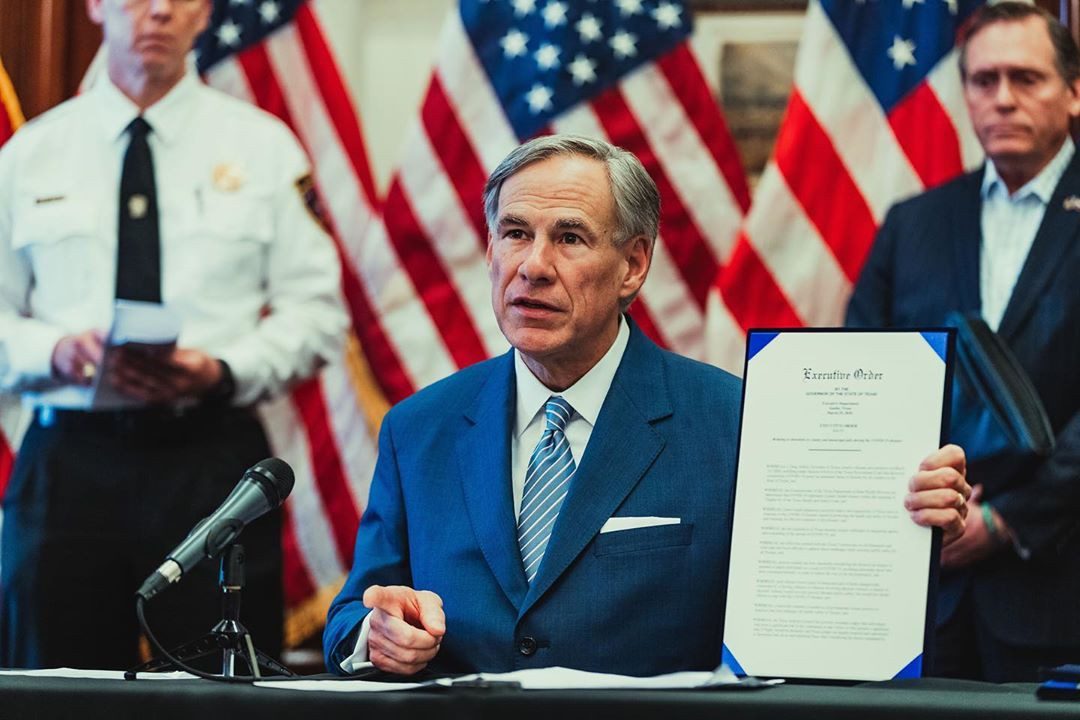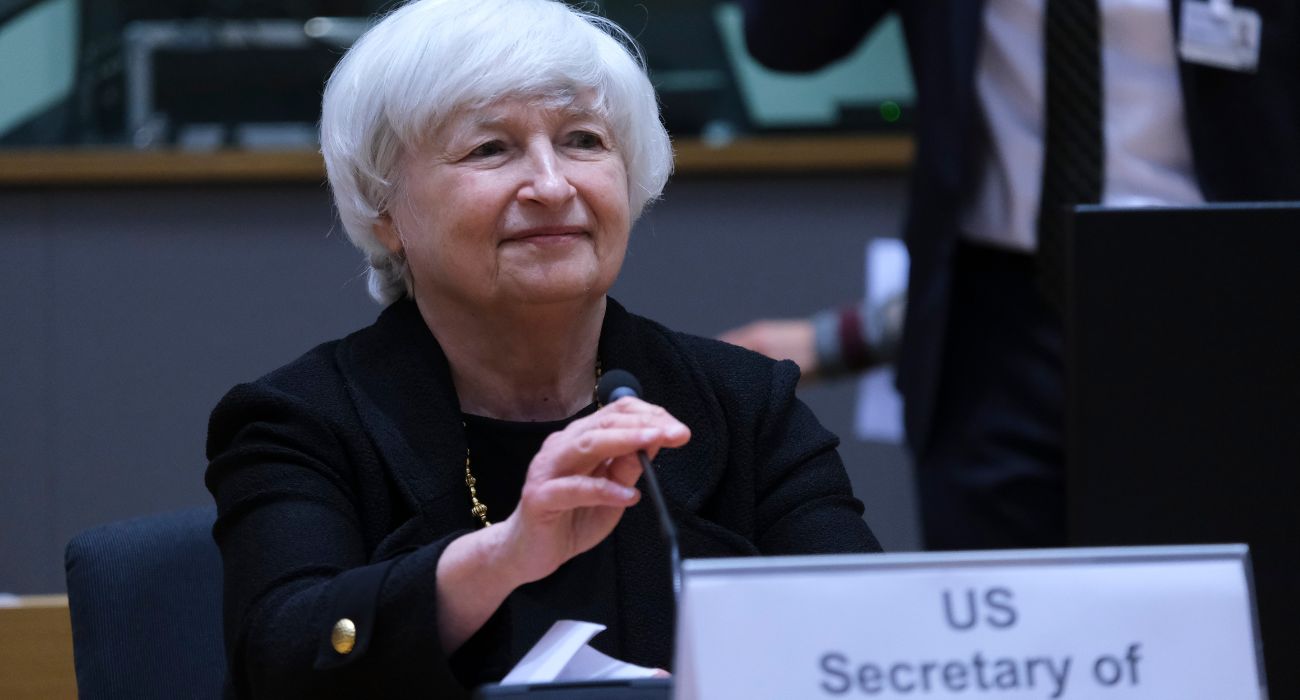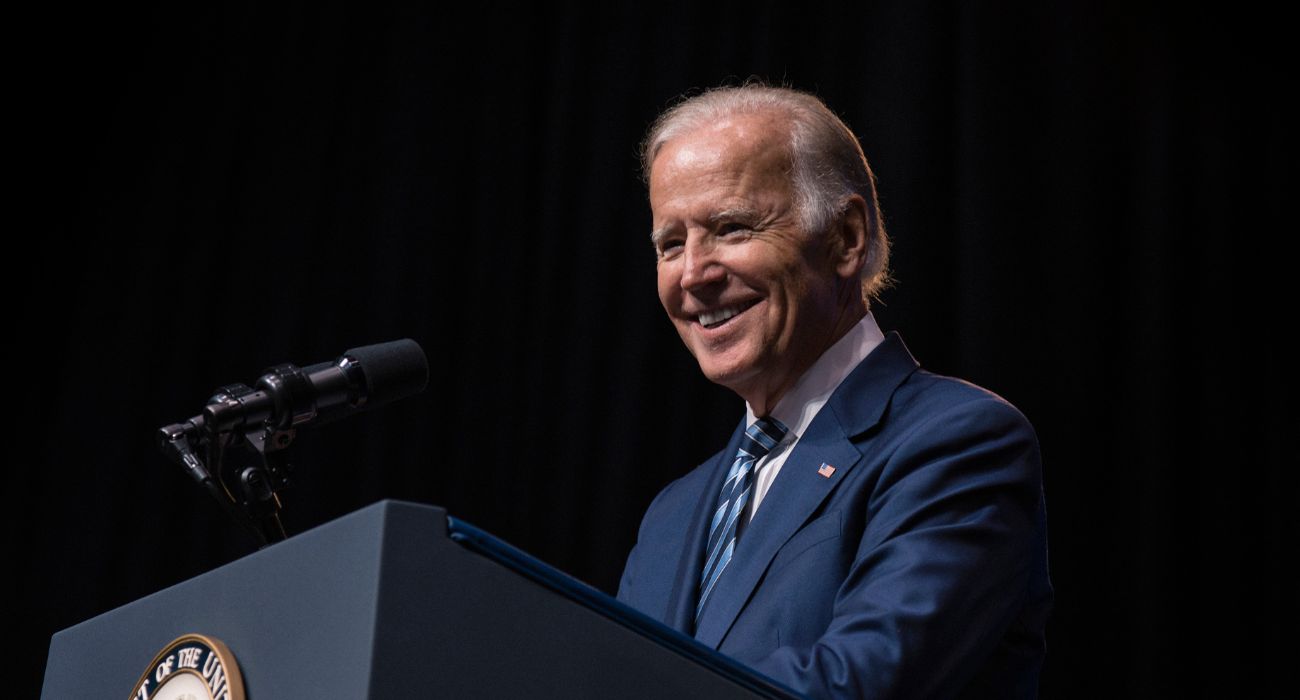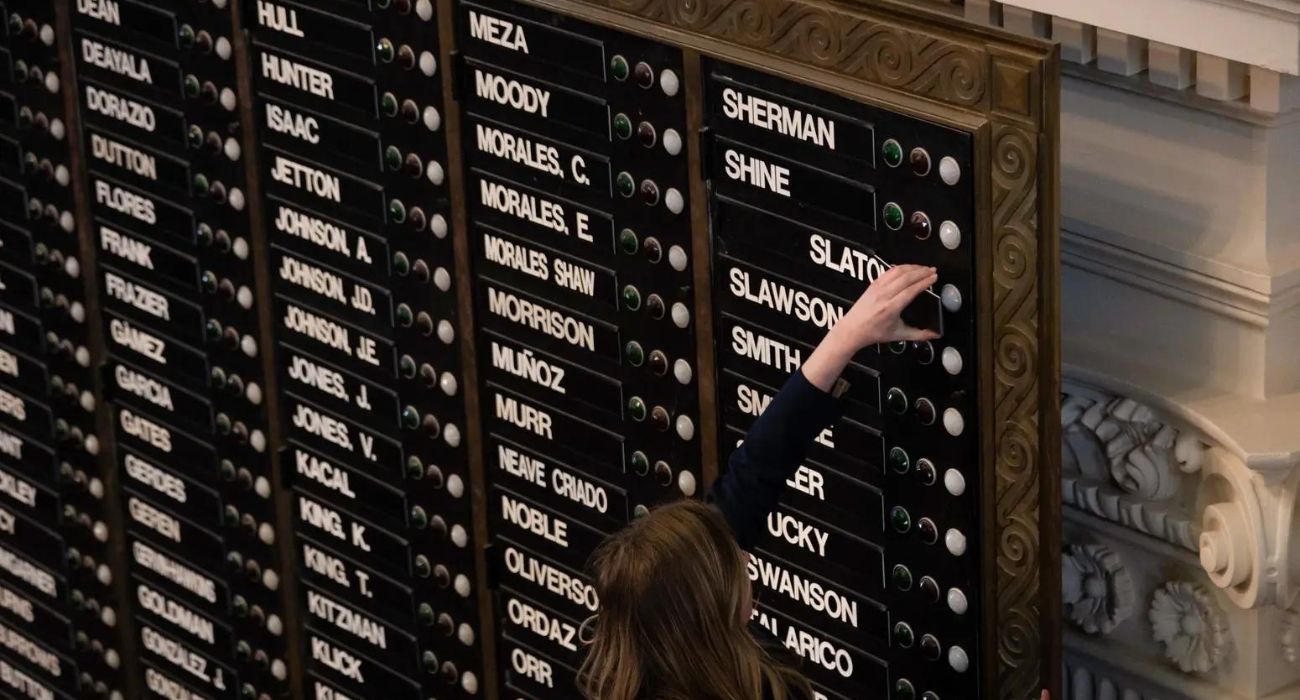As previously reported by the Dallas Express earlier this week, Governor Greg Abbott signed an executive order that banned requiring Texas employees and customers to receive the COVID vaccine. Abbott’s order stated, “No entity in Texas can compel receipt of a COVID-19 vaccine by any individual, including an employee or a consumer, who objects to such vaccination for any reason of personal conscience, based on a religious belief, or for medical reasons, including prior recovery from COVID-19.”
Politico stated that last month, the Biden administration announced that vaccines must be mandated or covid tests given weekly to businesses with 100 or more employed workers or who are considered federal contractors.
Jen Psaki, White House Press Secretary, said, “We’ve seen from economist after economist, and frankly, many business leaders who have already worked to implement mandates that implementing these mandates creates certainty and reduces the number of people who are out of work sick, and worse. That’s good ultimately for businesses, it’s good for the economy,” and added that it “saves lives.”
Psaki also stated, “Bottom line is we’re going to continue to implement the law, which the President of the United States has the ability, the authority – the legal authority to do, and we are going to continue to work to get more people vaccinated, to get out of this pandemic,” and added, “the President will use every lever at his disposal to do that.”
The Biden administration requires government contractors, by December 8th, 2021, to be vaccinated. Southwest Airlines told Politico, “Federal action supersedes any state mandate or law, and we would be expected to comply with the President’s Order to remain compliant as a federal contractor.”
Therefore, for Southwest Airlines and American Airlines employees to retain their jobs, employees must be vaccinated by December 8th, 2021, or have an approved exemption.
The White House references the Office of Management and Budget that issued a “vaccine mandate guidance for government contractors” on September 24th. The guidance states that federal contractors “are promulgated pursuant to Federal law and supersede any contrary State or local law or ordinance,” as well as, “nothing in this guidance shall excuse noncompliance with any applicable State law or municipal ordinance.”
Southwest Airlines spoke on how they have contracts that require “full compliance” regarding the federal government and their stance on the COVID-19 vaccination. Both Southwest and American Airlines are based in Texas. They announced this week that they would not follow Governor Abbott’s order and continue to mandate vaccinations for their employees.
According to Fox 4 KDFW, American Airlines stated, “As a result, the federal vaccine mandate requires that all of American’s U.S.-based team members and certain international crew members be vaccinated, without the provision of a regular testing alternative.”
Last month, the pilot union, The Southwest Airlines Pilots Association, began petitioning members of the Biden administration to reconsider their pending mandate. On Friday, October 8th, the same pilot union went to a Dallas federal court to legally file to “temporarily block the vaccine requirement as it sorts out another dispute with Southwest involving claims of unfair labor practices during Covid,” according to Politico.
Last weekend, Southwest had thousands of flight cancellations and delays. The pilot union states that those cancellations and delays were not due to the motion they filed on Friday to “block the airlines COVID-19 vaccine mandate for pilots.”
According to Business Insider, “Many major carriers, including Southwest, United, American, and Delta, have government contracts that transport goods and employees, and therefore have to comply with Biden’s vaccine mandate. In early October, American Airlines mandated its employees be inoculated or face termination, while Delta has yet to implement the requirement.”
Similarly, Governor Ron DeSantis of Florida “directed the state to sue federal authorities over requirements that cruise ship passengers prove their vaccination status prior to boarding a ship,” according to Politico. The state is in the process of appealing a ruling when, last month, a judge “ruled that cruise lines can’t ban vaccine passports.”
In an ADP article by Kathryn Mayer, one Human Resource executive stated, “Companies including Walmart, Microsoft, Disney, and Tyson Foods recently announced they are requiring their workers to get inoculated against COVID-19.” At the same time, many other companies are on the fence about mandating the vaccine.
Qualtrics conducted a survey that included 1,000 Americans who work in “industries including tech, government, media, retail, education, finance, and healthcare. Of the people included in that survey, 60% of employees would be okay complying with their place of employment if they mandated the vaccine in order to work, whereas 40% of employees said they would possibly consider quitting their job if their employer did not mandate the vaccine for workers.”
The Qualtrics survey listed 23% of employees are against a vaccine mandate from their employer and would most likely quit their job. According to Human Resource Executive, businesses are worried about employees leaving in large numbers if they go through with a mandate of the COVID-19 vaccination.
Ben Granger, Qualtrics Head of Employee Experience Strategy with the survey, said, “It’s very much a tug of war and incredibly difficult to manage,” because of conflicting data and how employers seem to be stuck in a position to decide whether or not to mandate vaccines for the employees of their business.
In the middle of August, information from the Institute for Corporate Productivity stated that 20% of businesses changed their policy on vaccine mandates, while 33% of companies said that they might consider changing policies.
Granger said, “My recommendation is listening to the employees and making sure the company is communicating through the process,” and adds, “people don’t feel good about uncertainty. They need to know what their employer is thinking.”






